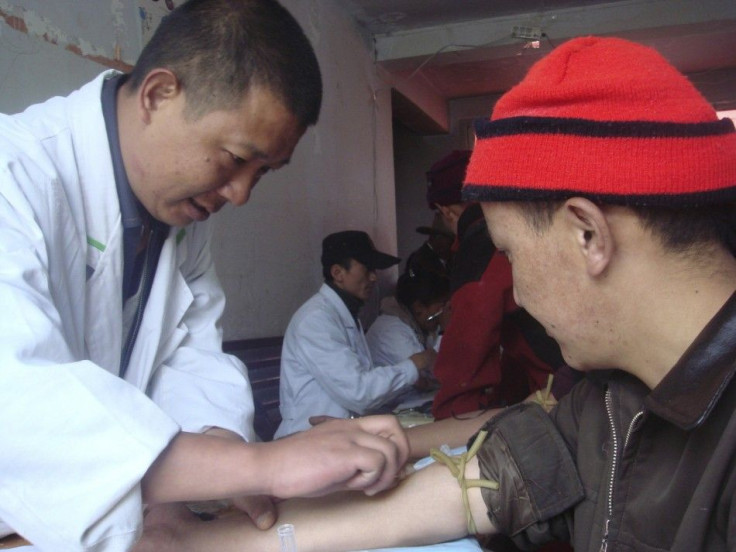A New Revolutionized Blood Test May Help Detect all Types of Cancers
The Technique is Seen to be an Alternative to the Expensive and Invasive Procedures like Biopsies

A British team of scientists have developed a test that can help in detecting all kinds of cancers in the future. The test is said to be universal and easy; so far, it has been used on three types of cancer. The scientists from the University of Bradford have found it to show positive results in all three cases. The study, published in the FASEB Journal, is a breakthrough in the medical field because the rate of cancer cases are growing and this is an essential step in making tests easier and effective.
However, this new technique in the near future would be a new alternative to the more expensive tests. Procedures such as colonoscopies and biopsies are invasive and costly. An alternative to these would be extremely beneficial to the people, but the researchers stated that there was much more work needed on the newly developed test and still nothing was certain or confirmed.
Prof Diana Anderson from University of Bradford School of Life Sciences said that people with cancer have DNA which are more easily damaged by Ultraviolet light than the DNA of other people. Keeping this in mind, the scientists have developed this technique in a way which would use this knowledge to detect the cancer. Prof Anderson said, "The technique involves subjecting white blood cells to ultraviolet light which damages the cells' DNA. We found that people with cancer have DNA which is more easily damaged by ultraviolet light than other people, so the test shows the sensitivity to damage of all the DNA - the genome - in a cell."
The results on the test conducted on the blood of melanoma, colon and lung cancer patients showed that their DNA was more easily damaged compared with that of the healthy people. When conducted on patients with pre-cancerous conditions, it showed an intermediate level of damage.
Anderson, however, said that these were early results completed on three different types of cancer. "We accept that more research needs to be done; but these results so far are remarkable."
The Cancer Research UK also stated the same, emphasising the research was at a very early stage. Dr Anthea Martin, Cancer Research UK's science information manager, said that diagnosing cancer earlier would be the key to improving the chances of survival, but any new technique must be thoroughly trialled to make sure it would be reliable and accurate.






